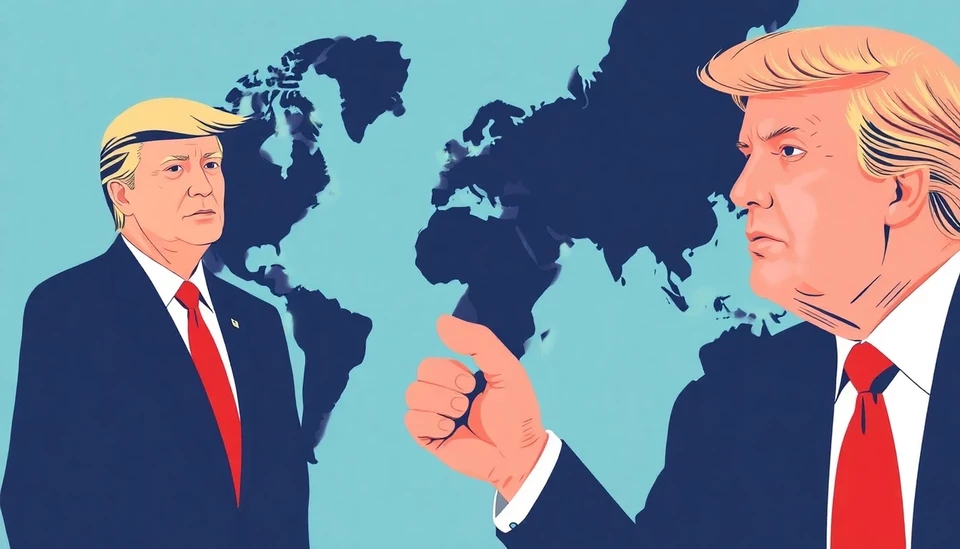
In a striking statement that has once again put the spotlight on U.S. trade policy, former President Donald Trump has threatened to reinstate tariffs on China should he reclaim the presidency in the 2024 election. This declaration has sparked discussions around the potential repercussions for both American consumers and the overall economy.
Trump's administration previously enacted significant tariffs on Chinese goods as a component of a broader strategy to combat what he described as unfair trade practices, intellectual property theft, and the substantial trade deficit with China. The threat of reimposing tariffs, however, raises pivotal questions about who would ultimately bear the cost—the U.S. consumer or the corporations that import these goods.
Experts note that tariffs are generally levied on imports, which means the initial financial burden often falls on businesses that import products. Consequently, these businesses might increase prices to maintain their profit margins, leading to the notion that the end consumer effectively pays the tariff through higher prices. This cycle could result in inflationary pressures, impacting household budgets and consumer spending, crucial components of the U.S. economy.
Furthermore, Trump’s vow to impose tariffs could lead to retaliatory measures from China, exacerbating trade tensions and potentially igniting a new trade war. This back-and-forth between nations can disrupt supply chains and halt the flow of goods, making it increasingly difficult for businesses to operate efficiently. The unpredictability surrounding such trade policies can also deter investment, as companies evaluate their risk exposure in a volatile economic environment.
In addition, the overall impact of tariffs on employment remains a contentious topic. While some advocate that implementing tariffs can lead to the creation of domestic jobs by protecting American industries, others argue that it can ultimately lead to job losses in sectors reliant on imports or those that cannot compete with incoming tariffs.
The implications of Trump’s tariff threats extend beyond immediate economic impacts; they also reflect a broader sentiment among voters pushed by nationalist perspectives on trade. As many consumers feel the pinch from inflation and rising costs, the political ramifications of these trade policies will undoubtedly play a critical role in the upcoming election, shaping voter attitudes and party strategies.
In conclusion, Trump’s recent comments reinvigorate the debate around tariffs and their role in shaping U.S. economic policy. As the 2024 election approaches, how candidates approach trade issues could become a pivotal element of their platforms, influencing their support among a politically diverse electorate.
#Trump #Tariffs #TradePolicy #Economy #Inflation #USChinaRelations #2024Election
Author: Daniel Foster




